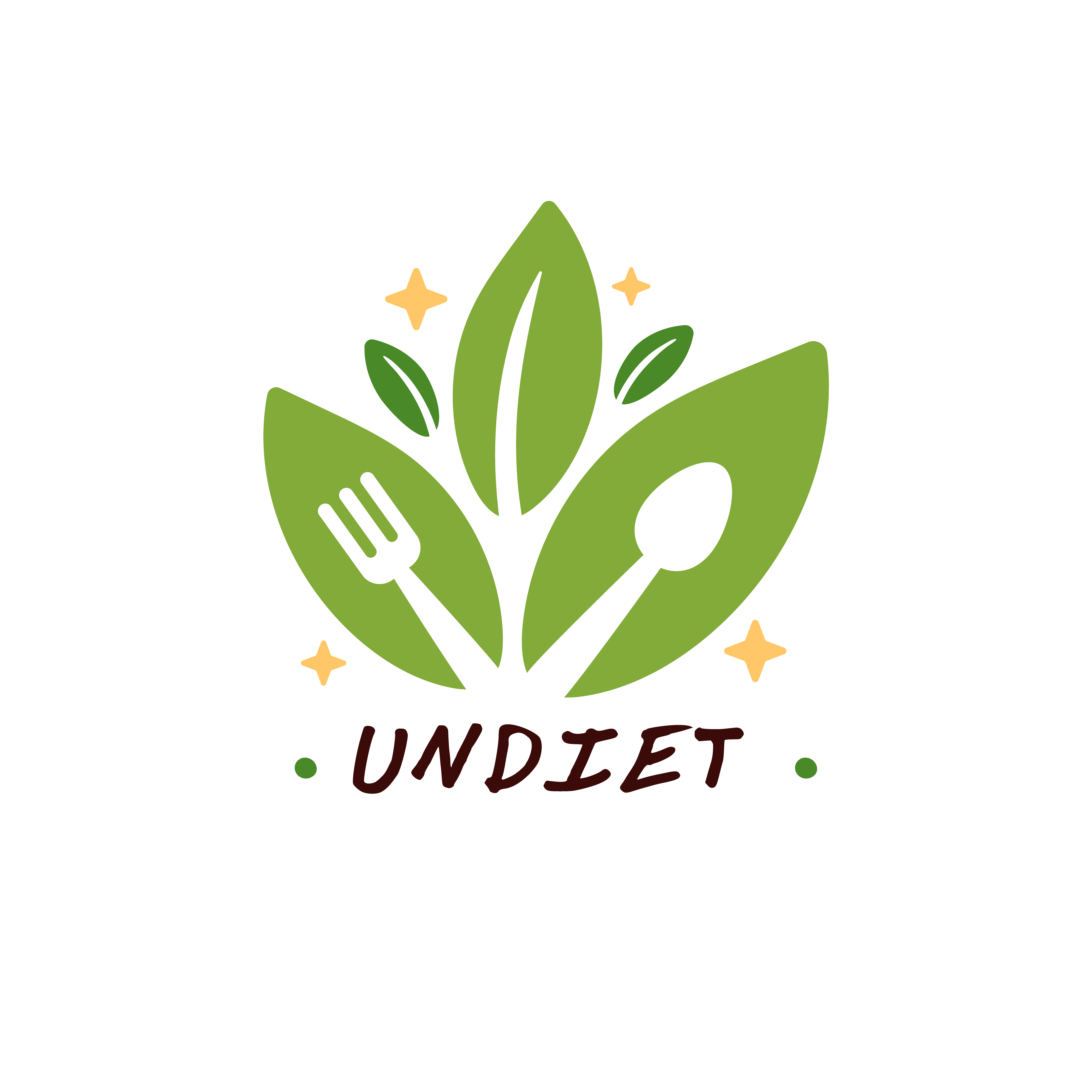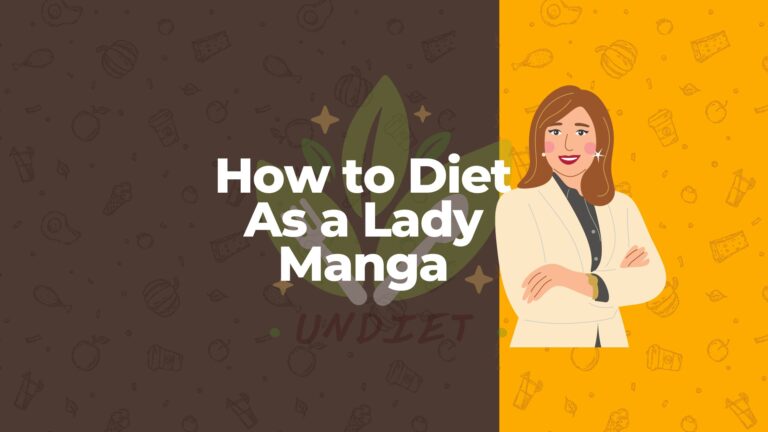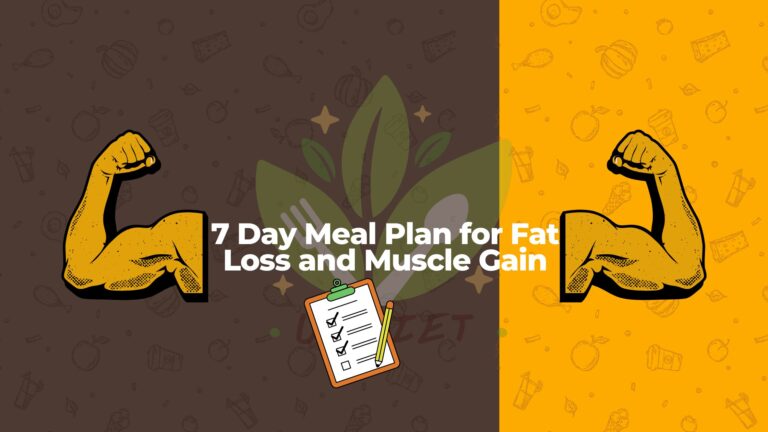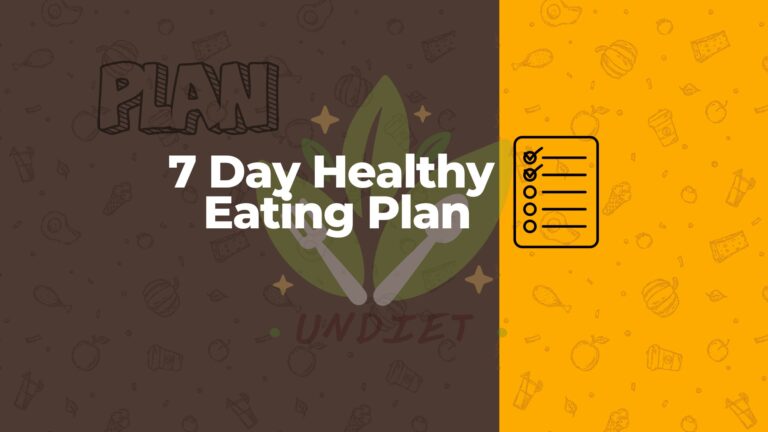Valencia Diet Plan for Sustainable Weight Loss in 2024
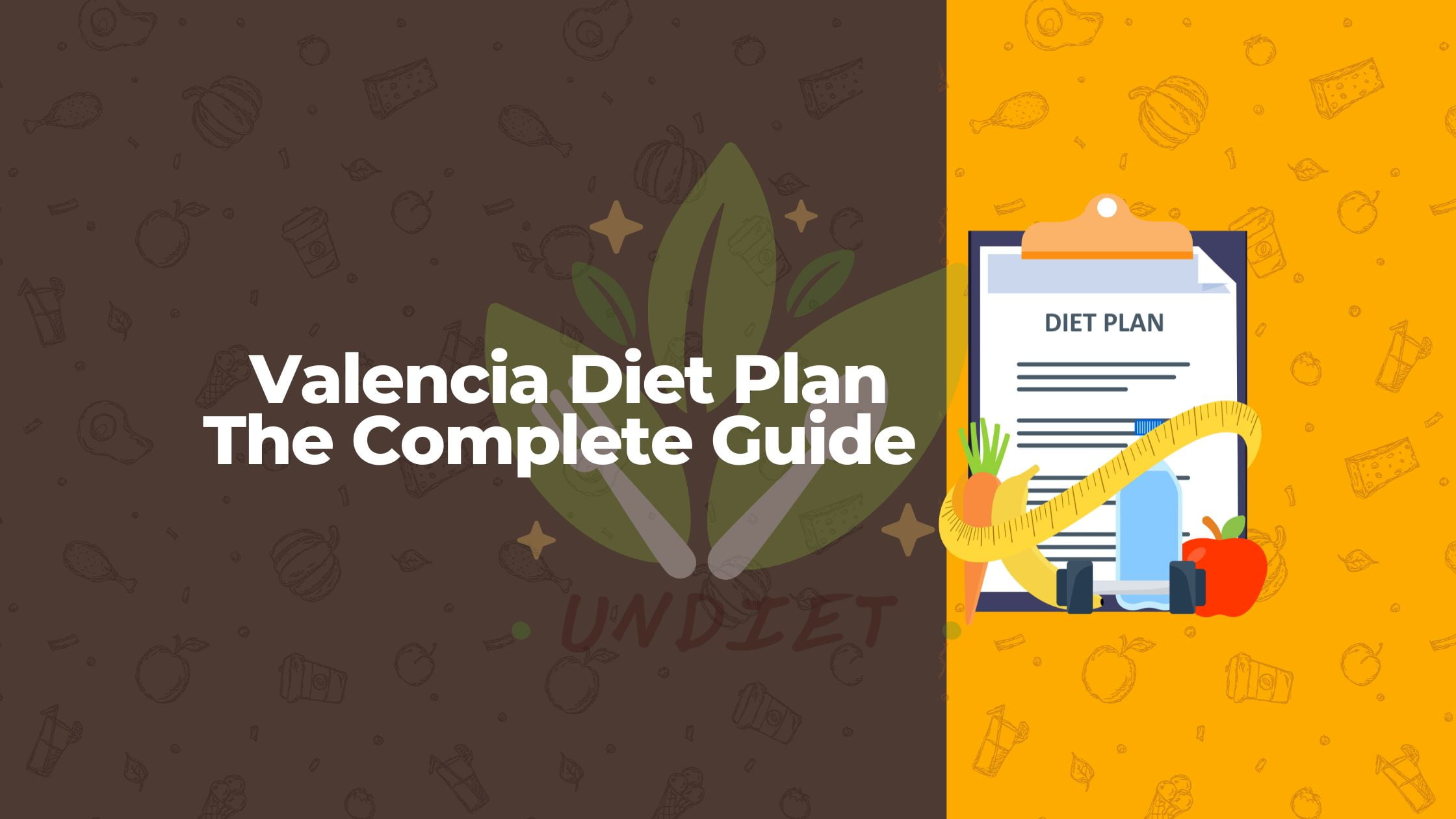
If you’re looking for something more concrete and not a basic diet, maybe Dr. Valencia’s diet plan is for you. Established by a board-certified doctor who concentrates on preventive medicine and nourishment, Dr. Valencia’s diet regimen is a customized, science-based strategy to nutrition that concentrates on lasting health and wellness and health.
Unlike a common diet plan, this highlights nutrient-dense foods, balanced macronutrients, hydration, part control and mindful consuming. If this diet plan method seems suitable for you, you can ditch the cookie-cutter fad diets and select this easy and lasting health strategy.
What is Dr. Valencia’s diet?
Dr. Valencia’s Diet is a customized, science-based method to nutrition that focuses on long-term health and wellness. It recognizes that every person’s nutrient needs and eating routines are special.
For That Reason, Dr. Valencia develops personalized nourishment plans for his clients based on their wellness goals, way of life and health and wellness background. He might think about aspects like food choices, culture, and any type of medical conditions they might have.
Purpose of the Blog Post
This blog post’s goal is to provide you with a comprehensive overview of the Valencia Diet Plan. We want to clarify its fundamental ideas, nutritional science, suggested foods, and prospective advantages. This page will act as your full guide whether you’re ready to start a new dietary journey or are just interested in learning more about the Valencia Diet.
Why the Valencia Diet Plan Is Worth Considering
Why should you think about the Valencia Diet when there are so many diets and nutrition strategies available today? This diet encourages a way of life centered around clean, unadulterated foods rather than just a means to lose weight. The Valencia Diet offers a healthy and sustainable approach to eating by emphasizing fresh vegetables, whole grains, lean proteins, and healthy fats. It’s a strategy that puts both your health and your waistline first, making it an appealing option for people looking for a healthy eating style. We’ll go into more detail about what makes the Valencia Diet Plan so alluring and how you might apply its tenets to your everyday life in the parts that follow.
Understanding the Valencia Diet Plan
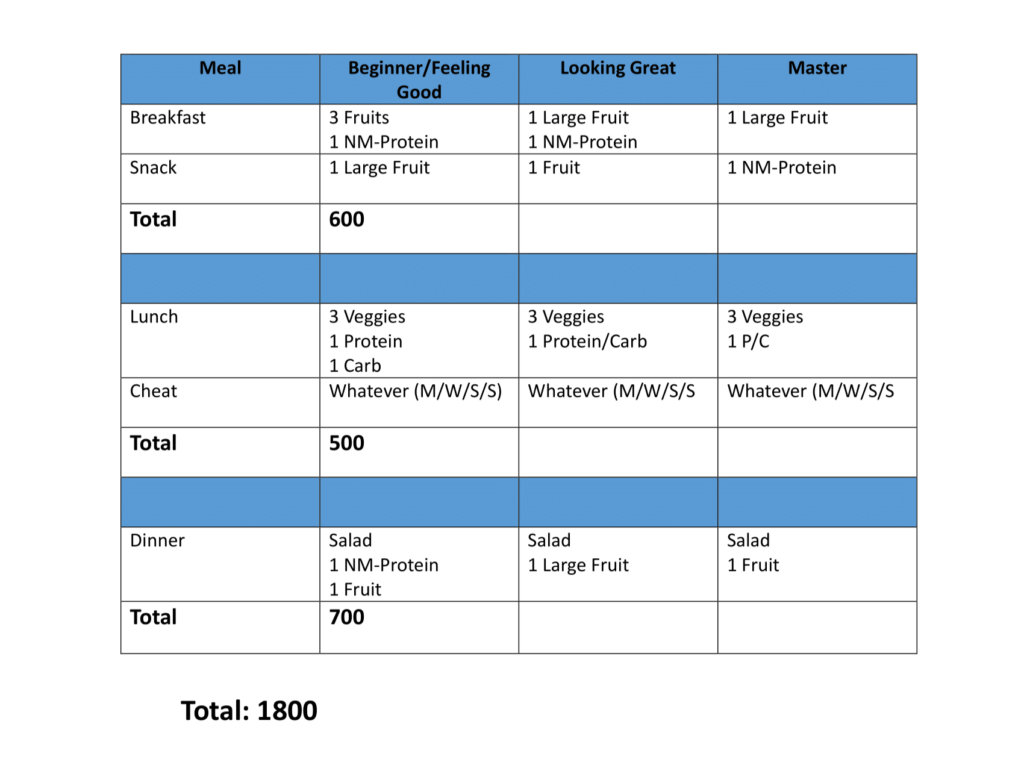
The Valencia Diet Plan has its origins in Valencia, a beautiful province in Spain. Valencia, known for its abundant orchards, productive agriculture, and rich culinary tradition, provided the ideal setting for the creation of this dietary philosophy. The Mediterranean diet, renowned for its health advantages and focus on locally sourced, fresh ingredients, served as an inspiration for the diet.
Valencians have traditionally valued their ties to the land and adopted a cuisine that follows the seasonal cycles naturally. The Valencia Diet Plan, which aims to capture the essence of Valencia’s culinary traditions and modernize them, is the result of this deeply ingrained affinity with food.
Core Principles and Philosophy Behind the Diet
The Valencia Diet Plan is based on a set of fundamental ideas and a unique philosophy that directs its adherents toward greater health and well-being. These guidelines consist of:
- Initial Seasonality: The diet promotes the consumption of seasonal foods like fruits, vegetables, and other dietary items. This ensures that your diet contains a variety of nutrients while also promoting local agriculture.
- Freshness: The use of fresh, minimally processed ingredients is emphasized. A food item maintains more nutrients the less processed it is.
- Maintain Balance: The Valencia Diet aims for a balanced macronutrient intake of carbohydrates, proteins, and fats to offer all-day energy and satiety.
- Portion Control: A crucial component of the diet is mindful eating and portion control, which aids people in maintaining a healthy weight and avoiding overconsumption.
Key Objectives and Goals
The Valencia Diet Plan seeks to accomplish several significant goals and objectives, including:
- Weight management: The Valencia Diet aids people in achieving and maintaining a healthy weight, lowering the risk of obesity-related health disorders. It does this by encouraging a balanced diet and portion control.
- Nutritional Excellence: The diet places a high priority on nutrient-dense foods, ensuring that adherents get a variety of important vitamins, minerals, and antioxidants to support general health.
- Durability: The Valencia Diet Plan’s emphasis on nutritious, natural components is intended to help people live longer, healthier lives by lowering their risk of developing chronic diseases.
- Sustainability: The diet adheres to sustainable eating practices, lowering the carbon footprint associated with food production and transportation by choosing locally sourced and seasonal items.
You’ll learn useful tips on how to apply these concepts to your own food choices and lifestyle as we go deeper into the Valencia Diet Plan in the sections that follow, so you may enjoy the advantages of this thoughtful and health-conscious way of eating.
The Science Behind the Valencia Diet
- A focus on seasonal and fresh foods: The Valencia Diet places a strong emphasis on eating foods that are in season and that are fresh. This strategy is in line with nutritional science because fresh produce often has higher concentrations of important vitamins, minerals, and antioxidants than processed produce. Eating according to the seasons ensures a varied intake of nutrients all year long.
- Macronutrient balance: A balanced intake of macronutrients, such as carbs, proteins, and fats, is encouraged by the Valencia Diet. For the body to get the energy it requires for daily tasks and to sustain many physiological processes, this balance is essential. A varied macronutrient profile promotes satiety and reduces energy peaks and troughs.
- The significance of portion control is that it is a weight-management technique that has scientific validity. People can efficiently manage their calorie consumption by practicing portion management, which is necessary for obtaining and maintaining a healthy weight. According to research, mindful eating and fewer portions can help with weight management and general health.
Benefits of the Valencia Diet
- Weight Management: Numerous studies have shown that diets emphasizing fresh, whole foods and portion control, like the Valencia Diet, are effective for weight management. By providing essential nutrients without excess calories, this diet helps individuals achieve and sustain a healthy weight, reducing the risk of obesity-related health conditions such as diabetes and heart disease.
- Improved Overall Health: The Valencia Diet’s focus on nutrient-dense foods means followers are more likely to meet their daily nutritional requirements. This can lead to improved overall health, including enhanced immune function, better digestion, and increased energy levels. Additionally, the consumption of fresh, unprocessed foods can contribute to better heart health and reduced inflammation.
- Longevity and Vitality: Scientific research consistently supports the idea that diets rich in fruits, vegetables, whole grains, lean proteins, and healthy fats are associated with increased longevity and vitality. These foods provide essential nutrients and antioxidants that protect against age-related diseases and help individuals maintain an active, vibrant lifestyle well into their later years.
As we explore the Valencia Diet further in this blog post, you’ll discover how these nutritional principles and associated benefits can be applied to your daily life, potentially leading to improved health, greater vitality, and a better understanding of the science behind this dietary approach.

Foods to Include in the Valencia Diet Plan
To enhance general health and vitality, the Valencia Diet Plan recommends a balanced consumption of important food groups. The following important food groups are highlighted in this dietary strategy:
- Fruits and Veggies: These serve as the Valencia Diet’s cornerstone. Vitamins, minerals, fiber, and antioxidants are plentiful in fruits and vegetables. Due to their decreased calorie density, they help to limit calorie consumption while providing necessary nutrients.
- Whole Grains: Whole grains are a great source of complex carbs and fiber. Examples of such grains are brown rice, quinoa, whole wheat, and oats. They support intestinal health and provide long-lasting energy.
- Lean Proteins: Lean protein foods like skinless chicken, fish, legumes (beans and lentils), and tofu are crucial for maintaining and repairing muscles as well as maintaining general health. They also contribute to a fullness sensation, which can help with weight control.
- Beneficial Fats The Valencia Diet’s mainstay is healthy fats, which may be found in foods like avocados, almonds, seeds, and olive oil. These fats offer vital fatty acids, promote the health of the brain, and aid in the body’s absorption of fat-soluble vitamins.
Examples of Valencia Diet-Approved Foods
- Apples, oranges, tomatoes, spinach, kale, broccoli, bell peppers, and berries are some examples of fruits and vegetables.
- Quinoa, brown rice, whole wheat pasta, oats, and barley are examples of whole grains.
- Skinless chicken breast, salmon, tofu, lentils, and black beans are examples of “lean proteins.”
- Extra-virgin olive oil, avocado, almonds, walnuts, and flaxseeds are examples of “healthy fats.”
Meal Planning and Creating a Balanced Plate
Combining these suggested food groups in the right amounts results in a balanced plate that adheres to the Valencia Diet. Here is a quick guide on meal preparation:
- Fill half of your plate with vegetables. Try to fill half of your plate with colorful, varied vegetables. These supply fiber, vitamins, and necessary minerals.
- Add a Lean Protein Source: Include some lean protein to help with satiety and muscle health. Grilled chicken, fish, or a plant-based option like tofu or beans could be used for this.
- Include Whole Grains: Whole grains might occupy the final quarter of your plate. To provide enduring energy, choose foods like quinoa, brown rice, or whole wheat pasta.
- Healthy fats can enhance flavor. Use healthy fats as a taste enhancer rather than a main source of calories, such as avocado or olive oil. To add flavor and nutrients, drizzle olive oil over your salad or add avocado to your sandwich.
- Mindful Portion Management: Portion control is important to prevent overeating. Utilize smaller plates and pay attention to your body’s signals of hunger and fullness.
- Stay hydrated by: Don’t forget to stay hydrated during the day by drinking water or herbal teas. A key element of the Valencia Diet is adequate water.
You may fully utilize the benefits of the Valencia Diet to promote your health and well-being by adhering to these guidelines and preparing meals that are balanced and nutrient-dense.
Foods to Avoid on the Valencia Diet
While the Valencia Diet promotes the eating of healthy, natural foods, some foods are better avoided or consumed in moderation to adhere to its ideals. These consist of:
- First, processed foods Fast food, pre-packaged meals, sugary snacks, and other highly processed foods are frequently filled with unhealthy additives, too much salt, and refined sugars. When ingested frequently, they have poor nutritional value, which can result in weight gain and other health problems.
- Sugary Drinks: Drinks with added sugar, such as soda, energy drinks, and sugary fruit juices, have empty calories that can lead to weight gain, insulin resistance, and dental issues.
- Trans Fats: Trans-fat-containing foods, which are frequently included in fried and commercially baked goods, can elevate harmful cholesterol levels and boost the risk of heart disease.
- An abundance of red meat Although the Valencia Diet promotes lean proteins, overconsumption of red and processed meats has been linked to a higher risk of developing certain ailments. Modesty is important.
The Impact of Processed Foods and Additives
For several reasons, processed foods and chemicals can be harmful to health.
- Nutritional Deficiency: Foods that have been processed frequently lack important nutrients. As they replace healthier, nutrient-rich alternatives, relying on them can result in dietary shortages.
- Weight Gain Due to their high-calorie content and lack of fiber, processed foods can cause overeating and weight gain. They might also interfere with the body’s natural indications for hunger and fullness.
- Inflammation Numerous preservatives and additives included in processed foods can contribute to chronic inflammation, which is associated with several diseases like diabetes and heart disease.
Insulin Resistance Over time, consuming refined sugars and processed carbs can increase insulin resistance and the risk of developing type 2 diabetes.
How to Identify Hidden Sources of Unhealthy Ingredients
Although difficult, finding hidden sources of dangerous elements in packaged goods is crucial for following the Valencia Diet:
- Read Nutrition Labels: Read the ingredient lists on food labels carefully. Avoid items that include a lot of artificial preservatives, additives, or sugar or sodium.
- Select Whole Foods: When possible, choose entire, unprocessed meals. These have a lower probability of containing unsavory components.
- Cooking at home: You have complete control over the ingredients you use when you prepare meals at home. You can adjust your meals to adhere to the Valencia Diet’s principles and eliminate hidden additives.
- Limit eating out: When eating out, find out how your food was made and pick places that value using natural, fresh products.
- Educate Yourself: Become familiar with common food preservatives and additives so you can spot them on labels. High-fructose corn syrup, artificial flavors, and hydrogenated oils are a few examples of typical ones.
You may navigate the contemporary food environment while adhering to the Valencia Diet’s ideals of wholesome, natural eating by being aware of your food choices and remaining knowledgeable about sources of dangerous components that are hidden.
Sample Valencia Diet Meal Plan
Breakfast Ideas:
- Greek yogurt parfait, first. Greek yogurt, fresh fruit, honey, and granola or chopped almonds can be layered with fresh fruit for extra crunch and protein.
- Avocado Toast: For a flavorful and filling breakfast, top whole-grain toast with mashed avocado, a poached egg, and a sprinkle of chili flakes.
- Fruit and Oatmeal: For a wholesome and substantial start to the day, cook rolled oats with water or milk and top with banana, strawberry, and almond butter slices.
- Smoothie bowl Almond milk is blended with spinach, banana, frozen berries, and a scoop of protein powder. Pour into a bowl and top with fresh fruit, chia seeds, and chopped almonds.
Lunch Options:
- Quinoa Salad: Black beans, chopped cucumber, cherry tomatoes, red onion, and cooked quinoa should all be combined with a lemon vinaigrette. To add more protein, top with grilled chicken or tofu.
- The Mediterranean Wrap Hummus, roasted red peppers, cucumber, feta cheese, and spinach are all good additions to a whole-grain wrap. For a tasty and portable lunch, roll it up.
- Quinoa and Salmon Bowl: Over a bed of cooked quinoa, steamed broccoli, and a drizzle of tahini dressing, plate grilled salmon.
- Stir-fry with chickpeas and vegetables: Serve chickpeas over brown rice after sautéing them with a variety of veggies in olive oil and garlic.
Dinner Recipes:
- Mediterranean Baked Chicken: Marinate chicken breasts in a mixture of Mediterranean herbs, olive oil, garlic, and lemon juice. Cook and serve with couscous and roasted veggies on the side.
- Lentil and Vegetable Curry: In a flavorful curry sauce made from tomatoes, coconut milk, and curry spices, cook lentils along with a variety of veggies. Over brown rice, please.
- Quinoa with Shrimp on the Grill: Grill shrimp until fully cooked while skewering them with bell peppers and cherry tomatoes. Serve with a side of sautéed spinach and cooked quinoa.
- Bell Peppers Stuffed: Lean ground turkey, quinoa, black beans, and chopped tomatoes are mixed and stuffed into hollowed-out bell peppers. Bake for tenderness.
Snack Suggestions:
- Mixed Nuts: Mixed nuts, which include almonds, walnuts, and cashews, are a good source of protein and healthy fats.
- Fresh fruit: A simple and nourishing snack is a slice of apple or pear with a dab of almond butter and some berries.
- Greek yogurt: Probiotics and protein are added to a serving of Greek yogurt by adding oats, honey, and a drizzle.
- Hummus and vegetable sticks: For a delightful crunch, munch on carrot, celery, and cucumber sticks with a side of hummus.
The Valencia Diet’s emphasis on whole, fresh foods, balanced macronutrients, and portion control is consistent with these sample meal suggestions. Feel free to alter them to suit your tastes while adhering to the tenets of the diet for a balanced and healthful eating regimen.
Tips for Success on the Valencia Diet
- Set Realistic Goals: To keep oneself motivated set attainable, short- and long-term goals. Clear goals can keep you on track, whether they be for weight loss, better health, or more vitality.
- Follow Your Development: To keep track of your meals, activity, and mood, keep a food journal or use a diet-tracking app. You can spot patterns and make the required adjustments by tracking.
- Stay Motivated: Investigate cookbooks for the Valencia Diet, adhere to social media pages for wholesome food, and make connections with people who have similar dietary objectives. You may maintain your enthusiasm for your quest by finding inspiration from many sources.
- Reward Yourself: Honor your accomplishments, no matter how modest they may be. When you meet goals, reward yourself with a favorite non-food treat to strengthen your resolve.
Incorporating Physical Activity
- Find Physical Activities You Enjoy: Whether it’s hiking, dancing, swimming, or playing a sport, pick physical activities you enjoy. Exercises that you enjoy are more enduring.
- Create a calendar: Plan Your Exercises, Create a daily or weekly calendar that includes your workouts. Gaining the benefits of physical activity requires consistency.
- Mix It Up: Change up your workout routines to keep things fresh. For a well-rounded fitness program, include aerobic, strength training, and flexibility exercises.
- Maintain Your Level of Activity Throughout the Day: Even seemingly insignificant activities, such as using the stairs rather than the elevator or going for a quick stroll over lunch, will help you maintain your daily activity levels.
Overcoming Common Challenges
- Dining Out: Look for dishes on the menu that adhere to the Valencia Diet’s tenets when eating out, such as salads, grilled proteins, and vegetable-based fare. Additionally, you can request alterations like dressing separately.
- Social Activities: Make your health a priority while feeling included at social events. Before going to an event, eat a healthy supper or snack to help you maintain control over your selections. When required, let hosts or friends know about your dietary preferences.
- Desires: Unhealthy food cravings are frequent. By providing easy access to healthy substitutes, engaging in mindful eating, and controlling portion sizes, you may defeat them.
- When traveling, schedule your meals in advance. When traveling, bring wholesome snacks, look up restaurant selections, and concentrate on whole foods.
Consulting with a Healthcare Professional
- Consistent Checkups: To track your health and dietary improvement, have regular appointments with your healthcare professional. They can provide advice and make sure your dietary requirements are being met.
- Dietary Restrictions and Allergies: A licensed dietitian or nutritionist can help you achieve your dietary needs while adhering to the Valencia Diet if you have food allergies or other dietary restrictions.
- Medication Interactions Any dietary changes should be discussed with your healthcare professional, especially if you’re taking any medications. It may be important to make modifications since some foods and some drugs may interfere.
- Individualized Advice You can benefit from the Valencia Diet for your health by following individualized suggestions made by a healthcare professional that are catered to your particular needs and objectives.
You can successfully navigate the Valencia Diet, deal with difficulties as they present themselves, and maintain a balanced, health-conscious lifestyle by adhering to these success recommendations. Keep in mind that every person’s experience will be unique, therefore you should seek the advice of a healthcare professional for specific advice.
Potential Risks and Considerations
The Valencia Diet may not be ideal for everyone, even though it can have many positive health effects. People who have particular dietary requirements or medical issues should use caution or look into alternate options. The Valencia Diet should be avoided or carefully modified by:
- Medical Issues: Before beginning the Valencia Diet, people with medical issues like diabetes, kidney illness, or food allergies should speak with a healthcare professional or qualified dietitian. To accommodate their unique needs, dietary adjustments could be required.
- Eating Illnesses: Any diet program, including the Valencia Diet, should be used with caution by people who have a history of eating problems. The emphasis on food choice and portion management may lead to disordered eating practices.
- Women who are expecting or nursing: Women who are pregnant or nursing have greater nutritional needs. They must speak with a healthcare professional to make sure they and their child receive enough nutrition during this essential time.
- Children and teenagers: A balanced diet is necessary for children and teenagers’ growth and development. To accommodate their particular dietary requirements, the Valencia Diet may need to be modified.
Potential Side Effects or Drawbacks
- Initial alterations: Transitioning to a diet high in fiber from fruits, vegetables, and whole grains may cause stomach pain in some people. This problem can be lessened with gradual changes and greater water consumption.
- Limited Food Options: Some people may feel that the Valencia Diet is too restrictive, which could result in food boredom or a sense of missing out on specific meals. To keep people interested in the diet, it’s critical to find variation within the suggested food groupings.
- Social Issues: The Valencia Diet can make it difficult to eat out or go to social gatherings. It could be challenging for some people to handle these circumstances while adhering to the principles of the diet.
The Importance of Individualized Approaches
It’s important to understand that no single diet, not even the Valencia Diet, works for everyone. Every individual has different dietary requirements, tastes, and health considerations. Therefore:
- Consult with Experts: Consult a physician or qualified dietitian if you have any particular health issues, allergies, or nutritional needs. They can offer you individualized advice to make sure your dietary requirements are met.
- Adapt to Your Lifestyle: Take into account how the Valencia Diet works with your schedule, spending limit, and cultural preferences. Long-term nutritional success depends on flexibility and adaptability.
- Listen to Your Body: Pay attention to the signals of hunger and fullness coming from your body. By practicing attentive eating, the Valencia Diet promotes avoiding overeating and undereating.
- Monitor Progress: Evaluate your development and how the diet is impacting your health and well-being regularly. To accomplish your objectives and resolve any problems that may develop, modify your strategy as necessary.
In conclusion, the Valencia Diet can have a lot of positive health effects, but it’s important to approach it mindful of any possible hazards and the need for individualized adaptations. By doing this, you may take advantage of the diet’s advantages while ensuring that it fits your particular needs and circumstances.
Conclusion
We’ve thoroughly examined the Valencia Diet Plan in this detailed guide, discussing its history, guiding principles, suggested foods, foods to avoid, and helpful success recommendations. Let’s review the main ideas:
The Valencia Diet Plan, originating in Valencia, Spain, places a strong emphasis on the consumption of seasonal and fresh foods within a well-balanced diet. Its nutritional principles involve prioritizing seasonal and fresh foods, achieving macronutrient balance, and practicing portion control. This dietary approach offers various advantages, such as effective weight management, improved overall health, and the potential for increased longevity and energy levels.
The diet advocates for the inclusion of whole grains, lean proteins, fruits, vegetables, and healthy fats in meals while recommending limitations or avoidance of processed foods, sugary drinks, and excessive consumption of red meat. Attention is drawn to the importance of identifying and avoiding foods that may contain harmful substances.
To assist individuals in adopting this approach, sample menus for breakfast, lunch, dinner, and snacks are provided. Success in following the Valencia Diet is further supported by maintaining motivation, incorporating physical activity, overcoming common obstacles, and consulting with medical professionals. It is advised to approach the Valencia Diet cautiously and consider adjustments based on individual circumstances.
Discussion highlights the importance of evaluating both the negative effects and benefits before embarking on this nutritional journey. The conclusion underscores the significance of implementing a personalized strategy to ensure the diet aligns with individual needs and lifestyles.
Final Thoughts on Its Potential Impact on Health and Well-Being
The Valencia Diet Plan can improve your health and general well-being because it is built on natural foods and nutritional balance. You can gain advantages by adhering to its principles, including greater nutrient intake, increased vitality, and weight management. But before starting any diet, it’s important to be aware of any risks and take your circumstances into account.
Always keep in mind that your dietary decisions should be in line with your own health needs, tastes, and objectives. It can be quite helpful to seek the advice of certified dietitians or medical professionals to determine whether the Valencia Diet is a healthy and long-term option for you.
In the end, the Valencia Diet provides more than simply a method to eat; it also helps you develop a closer bond with the food you eat, the environment, and your health. It’s a holistic method of eating that can result in a more fulfilling, balanced, and healthy way of life.
Frequently Asked Questions (FAQs) about Valencia Diet Plan
What is Valencia’s diet?
The Valencia Diet is a nutrition strategy that emphasizes seasonal, fresh foods and a balanced diet for better health and weight management.
What can you eat in the Valencia diet?
You can eat a variety of fresh, in-season foods while following the Valencia Diet, including fruits, vegetables, whole grains, lean proteins, and healthy fats.
Is Valencia’s diet real?
Yes, the Valencia Diet is a valid nutritional strategy that emphasizes principles of fresh, seasonal, and balanced eating.
Why is Valencia so healthy?
The Valencia Diet, which prioritizes seasonal, fresh foods, balanced nutrition, and portion management, is credited with making Valencia so healthy. This eating strategy promotes general health and well-being.
What is Valencia popular for?
Valencia is well-known for its mouthwatering oranges, gorgeous architecture (such as the cutting-edge City of Arts and Sciences), and exciting festivals, particularly Las Fallas
Additional Resources
Books:
“The Valencia Diet: A Mediterranean Diet Plan for Life” by Judy Bastyra
“Mediterranean Diet for Beginners: A Quick Start Guide to Heart-Healthy Eating, Super-Charged Weight Loss, and Unstoppable Energy” by Rockridge Press
Websites:
American Heart Association’s Healthy Eating
Mobile Apps:
MyFitnessPal: Helps you track your meals, exercise, and nutrition.
Yummly: Offers a wide range of healthy recipes and meal planning tools.
